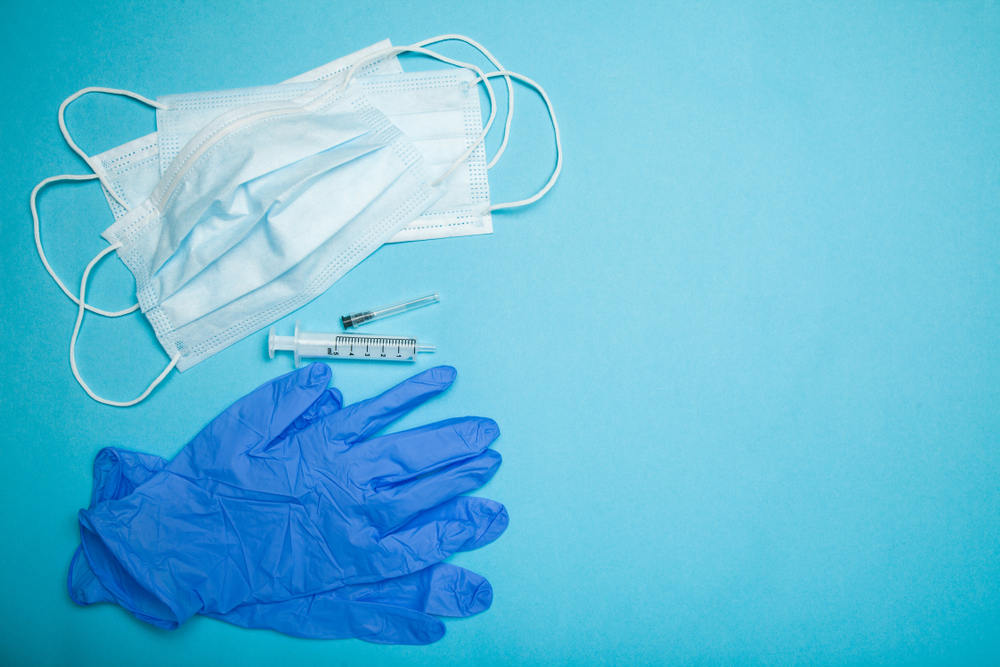
The Infectious Diseases Society of America (IDSA) and HIV Medical Association (HIVMA) have released policy and research recommendations regarding infectious diseases and the opioid epidemic.
IDSA and HIVMA members said they are encouraging Congress and the Trump Administration to pursue dedicated responses to the opioid epidemic and its infectious diseases impacts.
The organizations said new funding is needed to increase surveillance of injection-related infections, to expand evidence-based infection prevention strategies and build infectious disease (ID) and substance use treatment workforce capacities.
They also said there is a need to access care models effectively treating both infectious diseases and substance use disorders in an integrated fashion. Such models would facilitate research to improve both the treatment and the prevention of injection drug and related infections.
ID and HIV clinicians on the frontlines of the opioid epidemic report 25 to 50 percent of their inpatient consultations are due to infections among patients who inject drugs, officials said, referencing the ability to treat infections and prevent future infections is severely compromised by the limited access to addiction treatment within hospital settings.
IDSA and HIVMA officials said the Centers for Disease Control and Prevention (CDC) identifIed 220 counties in 2016 at risk for serious HIV and hepatitis C outbreaks, following their investigation of the epidemic in Scott County, Indiana, the previous year.
The association’s said recent clusters of new HIV infections associated with injection drug use already have been identified in Kentucky and West Virginia and are urging efforts to avert additional outbreaks possessing far-reaching consequences.




